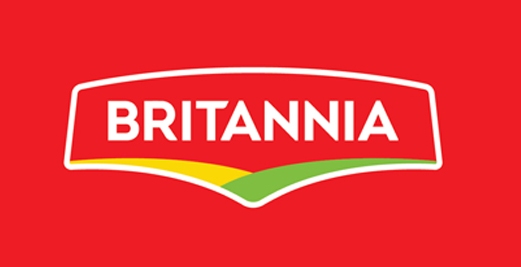Britannia’s strategy emphasizes strong brand building for its iconic names, coupled with continuous product innovation to meet evolving consumer demands, including healthier options under the NutriChoice brand. The company also focuses on cost efficiency and supply chain management to maintain profitability in a competitive market.
Financially, Britannia has shown consistent revenue growth over the years. However, recent performance indicates a slight increase in operating income but a decrease in net profit margins. The company maintains a healthy dividend payout and a good return on equity. Challenges include intense competition in the FMCG sector and the need to sustain growth through innovation and market penetration.
Looking ahead, Britannia aims to become a “Global Total Foods Company” by expanding its product categories and strengthening its presence in international markets. Strategic partnerships and a focus on both value and premium offerings are likely to be key aspects of its future business strategy.
Latest News on Britannia Industries
No Results Found
The page you requested could not be found. Try refining your search, or use the navigation above to locate the post.
Stock Market Updates for Britannia Industries
Recent Updates
No Results Found
The page you requested could not be found. Try refining your search, or use the navigation above to locate the post.
